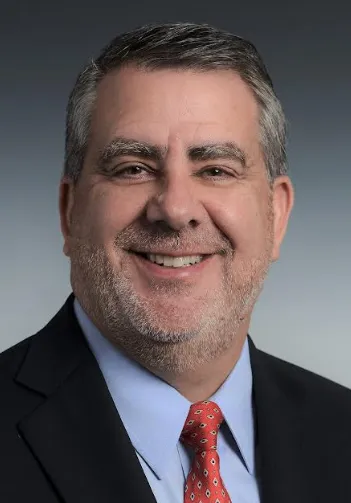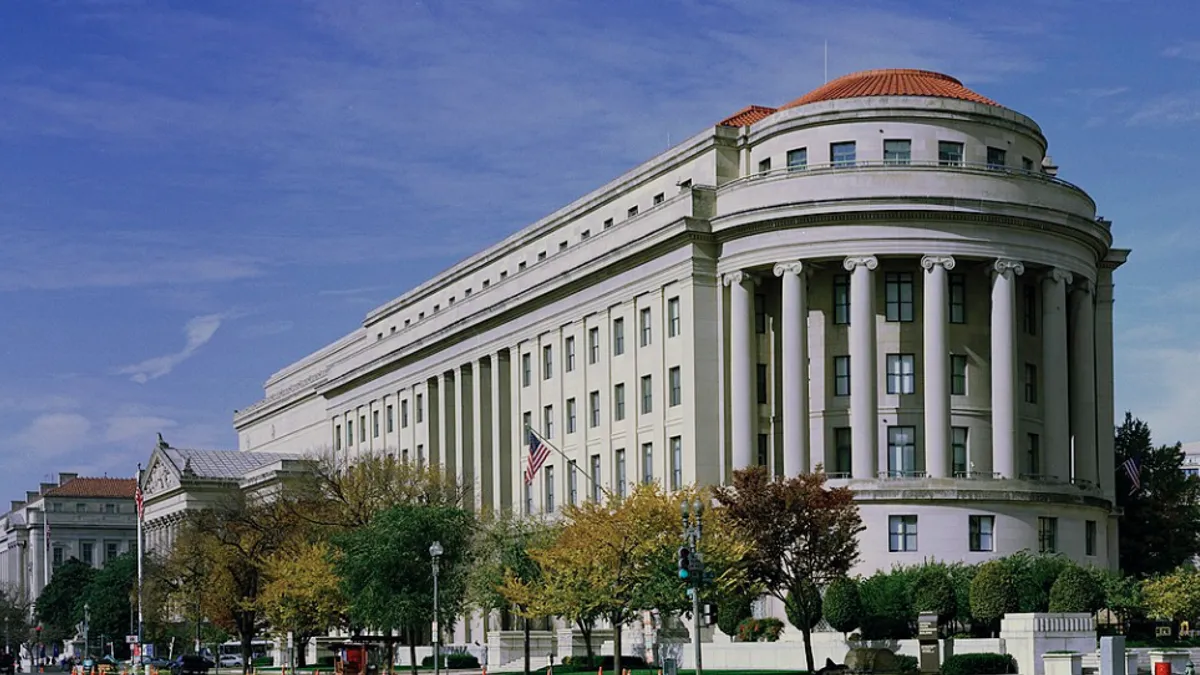Federal consent decrees limiting companies’ use of non-compete agreements, especially for lower-level salaried and hourly wage workers, are likely to be announced before the end of the year, so it’s a good idea for general counsel to look at their practices if their organization tries to limit what former employees can do, antitrust specialists say.
The Biden administration has made it a priority to curb companies’ anticompetitive labor practices and several companies right now are responding to civil investigative demands (CIDs) from the Federal Trade Commission about their use of non-competes, Dennis Cuneo, an attorney with Fisher Phillips, told Legal Dive.
About a decade ago companies started using non-competes with lower-level employees, which has helped fuel efforts to curb the practice because of the downward pressure it puts on wages and benefits.
“There have been agreements where workers can’t go to work for another [similar company], things like that,” said Cuneo, a former antitrust lawyer with the Department of Justice. “That’s probably what’s led to some of this.”
Federal focus
Going after these agreements is new territory for federal regulators like the FTC and DOJ; up until now, non-competes have been regulated by states and governed by common law, so it’s unclear how much authority federal regulators will have in this area.

The FTC’s stance is that it can regulate labor-market practices under Sec. 5 of the FTC Act, which targets unfair methods of competition.
“The fact that a federal agency is coming in and using Sec. 5 of the FTC Act, saying these things could be illegal, means that on a national basis companies now are going to have to think about this and probably revise some of their non-competes,” Cuneo said. “One of these cases will be litigated … to see if the FTC indeed has the authority. There’s some question about that.”
The FTC has indicated it’s also hoping to promulgate a rule that would make certain types of non-competes illegal, but because that’s a process that will take years to complete and requires the agency to get public input, general counsel can expect the focus in the next year or two to be on the action the agency takes against individual companies.
For that reason, general counsel would benefit from taking a hard look at how their organization uses non-competes.
Broad approach
The focus on non-competes is just one prong of a multi-pronged federal effort to put the hammer down on what agencies view as anti competitive labor practices. How companies share information to set wages, what informal agreements they enter into to curb poaching talent from one another and how mergers could affect worker salaries are other areas of focus as well.
“So, about 18 months ago, DOJ started filing indictments … and charging companies and executives with criminal violations of the Sherman Act for wage fixing and no-poach agreements,” said Cuneo. “That’s a game-changer, because a decade ago, this really wasn’t on the radar screen of most companies.”

For in-house legal teams that haven’t done a deep analysis of their labor practices, a good place to start is the antitrust guidelines for the HR function that DOJ and the FTC released in 2016 that include safe harbors for managing practices like the sharing of wage information.
Among other things, companies have to use a neutral third party like a nonprofit or a trade association to help manage the sharing of wage information and the information has to be historic data, not data about present-day wage levels.
“If you're in-house counsel, I would … look at which employees have access to this information and when they might be in situations they could possibly be sharing that information with competitors,” said Raymond Perez, an attorney with Fisher Phillips. “You want to make sure you have good policies in place that prohibit the sharing and that you train on these functions. Keep in mind you’re competing for employment services, so it’s not just your traditional competitor. For example, in the auto industry, it could be anybody who’s competing to hire accountants or IT executives. That would be the market, so it’s much broader than your typical competitors.”
Because regulators are looking at all of these labor issues as possible violations under the Sherman Antitrust Act, violations are a felony, which raises the compliance stakes.
“When you have the threat of being thrown in jail because you agreed with a competitor or exchanged wage information with a competitor, or agree not to solicit someone’s employees, that catches everybody’s attention,” said Cuneo.



















